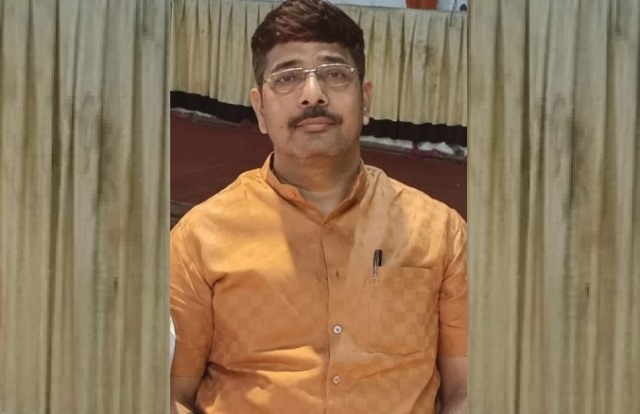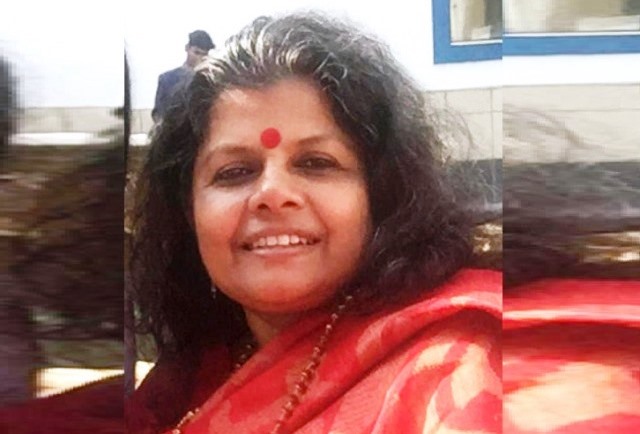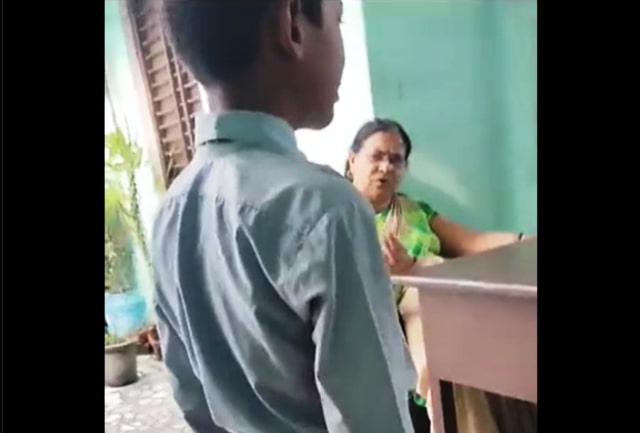Ranveer Singh, principal of Government Inter College, Kamhera, Muzaffarnagar, says the slapping incident was given a Hindu-Muslim colour by vested political interests. His views:
For a teacher, the betterment and a bright future of his or her students are top priority. The guru-shishya parampara is deeply rooted in our culture and tradition where the shishya (student) must master the knowledge that the guru or teacher embodies. To achieve this end, a teacher may also use some corrective discipline to keep the student focused on his or her learning. The slapping incident in a Muzaffarnagar school must be seen in this light and not from a communal lens.
Let me clarify here that personally I am against any kind of corporal punishment or humiliation of a child at the school because it may impact his or her psyche adversely for life. As a student, I often faced the wrath of my teachers who believed in ‘spare the rod, spoil the child’ principle. School punishments were an acceptable reality to both teachers and parents in our schooling days. However, times have changed and our education system must adopt more humane method to impart knowledge.
This is also an era of mobile technology where a seemingly unintended action can be captured on phone camera, given a twist and spread via social media – sometimes causing selective outrage. This is actually what happened in this particular incident, where an act of classroom discipline was filmed and blown out of proportion with a communal angle. Thankfully, the student’s parents did not fall in the trap and elders of the region made classmates hug each other to bury the matter in time.
However, the video clip kept appearing on the prime time of national and local news channels. If you ask around in the Muzaffarnagar belt, people will laugh at the issue being magnified to this level of importance; for most local residents such incidents are commonplace. When it comes to teaching, different yardsticks apply in semi-urban or tier 2-3 towns and in metropolitan cities. However, this is not to say that the teacher was not on the wrong. An FIR has been registered against her and an enquiry has been ordered into the incident. And rightly so.
ALSO READ: Muzaffarnagar Slapping Has Scarred A Little Boy For Life
But I believe that most of those showing outrage had zero concern for the punished schoolchild. His photographs were made public with impunity, without realising that the boy could have forgotten the few slaps in the classroom but now would have to live with the public shaming of his humiliation.
The incident also provided an opportunity for some vested interest to corner the ruling dispensation. Physical punishments in schools is a social concern; turning it into a political finger-pointing to settle scores cannot address the issue. As a society we need to expose such propaganda and guard our social fabric.
No person in the academia will defend the action of the schoolteacher as there are other ways to discipline a child than physical punishment. A teacher must show compassion and calmness in the classroom to set an example. This is where the said teacher failed in her duty. But to showcase this incident as communal poison will be taking things too far.
This incident must serve as a lesson to all the teachers who often lose their temper in a classroom. The role of a guru is sacred and must remain unblemished with proper conduct with his or her students. Or else, teachers will lose the respect and status which they enjoy in Indian society today.
As told to Rajat Rai


